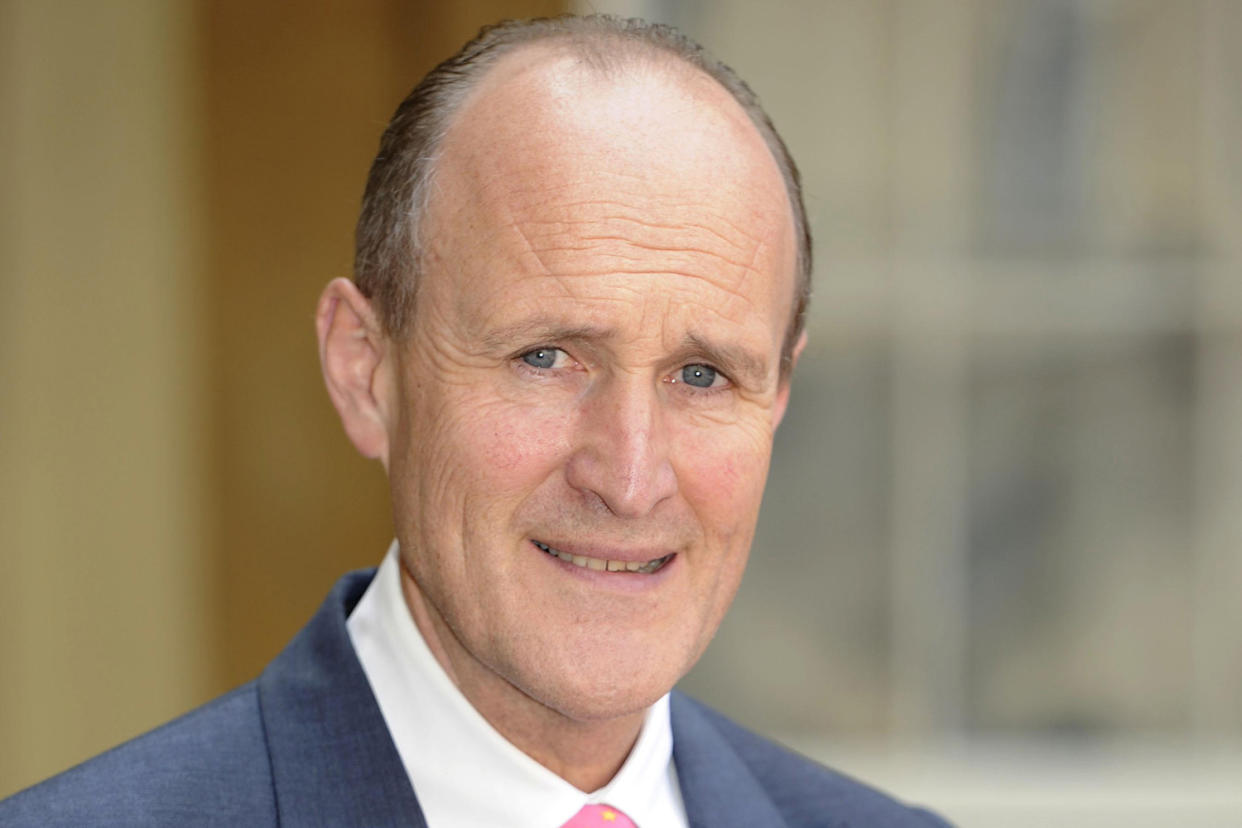ITV boss refuses to reveal what network pays top stars amid BBC row

The boss of ITV today refused to reveal what it pays its top stars — but insisted it does better than the BBC on gender equality.
Sir Peter Bazalgette said ITV “will be able to show an improvement” from last year when it publishes figures in April under legislation that means thousands of firms will reveal gender pay gap numbers based on average earnings. Asked if they would show a more even gender split than the BBC, he said they would.
Figures for individual salaries above £150,000 released by the BBC last week revealed a gender pay gap at the top of the corporation.
More than half (52 per cent) of all ITV staff and 43 per cent of senior managers are women, the company said. Sir Peter said it was right the BBC disclosed the figures since it is publicly funded, adding: “We take gender issues in employment and pay very seriously. But we are a commercial company. We would never discuss confidential contracts.”
Piers Morgan — who, along with Susanna Reid, hosts ITV’s Good Morning Britain — was among the rival broadcasters to criticise the BBC, posting on Twitter last week: “Big fan of the BBC but if you position yourself as the very bastion of equality you must practise what you preach.”
It came as Radio 5 Live presenter Rachel Burden spoke out about women journalists who she says were “ignored” and “belittled” by BBC bosses when they tried to raise the issue of equal pay. The reporter, who presents the breakfast show alongside Nicky Campbell, said it was right women were uniting to ask for action on the pay gap.
BBC director-general Lord Hall has promised progress by 2020 but high-profile names including Clare Balding, Emily Maitlis and Fiona Bruce recently signed a letter calling for action now.
Ms Burden earns £130,000, compared with £400,000-plus for Mr Campbell, but said she had never called for the pair to be paid the same. Writing in The Guardian, she said: “Should we be on the same money? Probably not. I have never argued for that. There has to be room for recognising experience and market value, I get that.
“I’ve known how much he is paid for some time — we’ve talked it over frequently and he’s been incredibly supportive of me throughout my career.
“Equal jobs should mean equal pay but where there is disparity, is the gap justified? Are the women paid too little, or the men paid too much?” She said the “storm” about pay had been “brewing” at the BBC for years.
Lord Hall said he would “value (the) contribution” of more than 40 senior woman presenters and reporters who signed a letter demanding immediate action from him to tackle the gender pay gap. He said: “When figures are published next year I am confident they will look very different.
“When other organisations publish their gender pay data by next April, I want the BBC to be one of the best performers when comparisons are made.”

 Yahoo News
Yahoo News 
